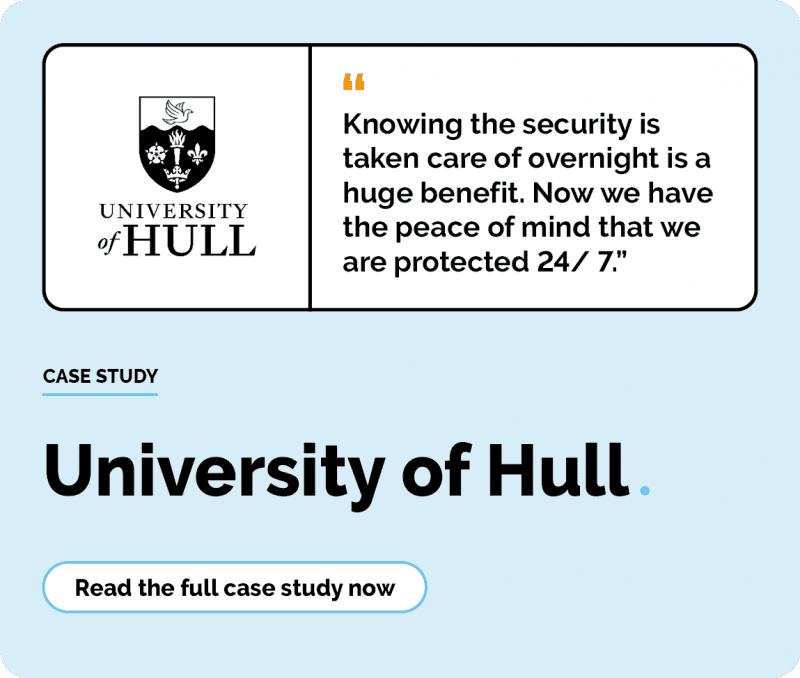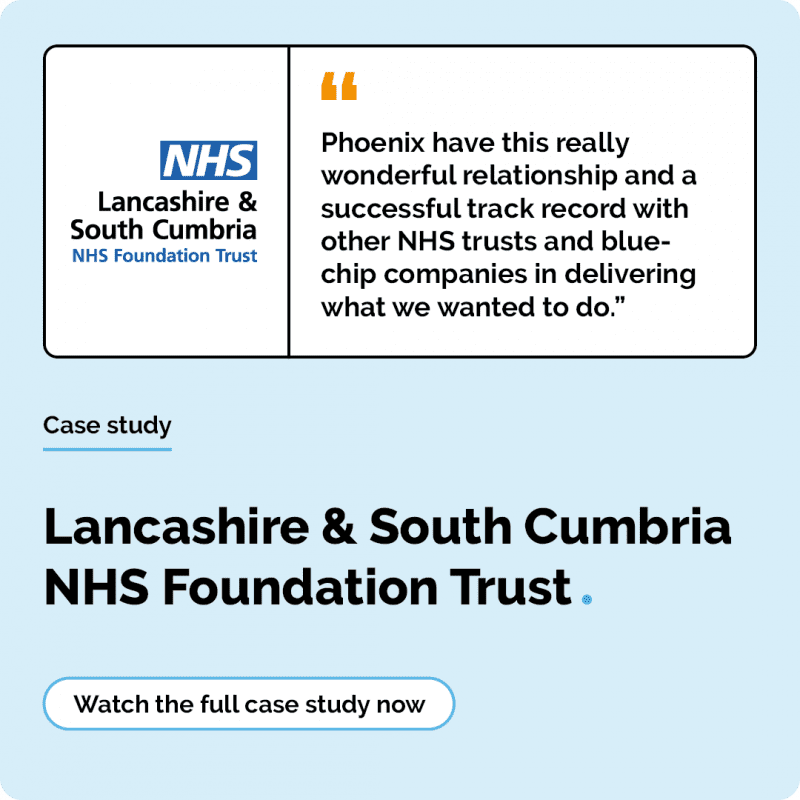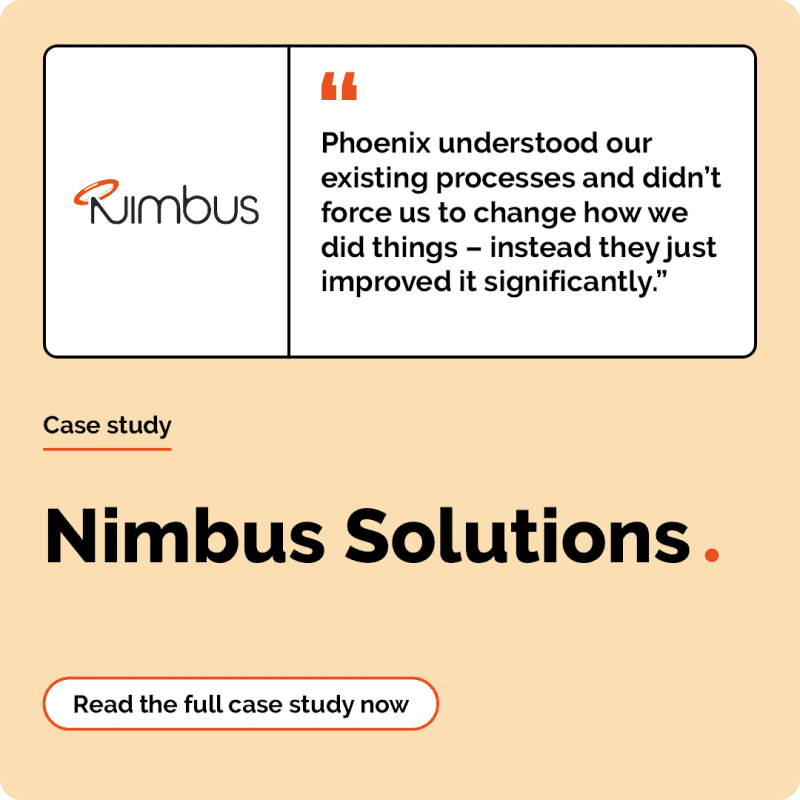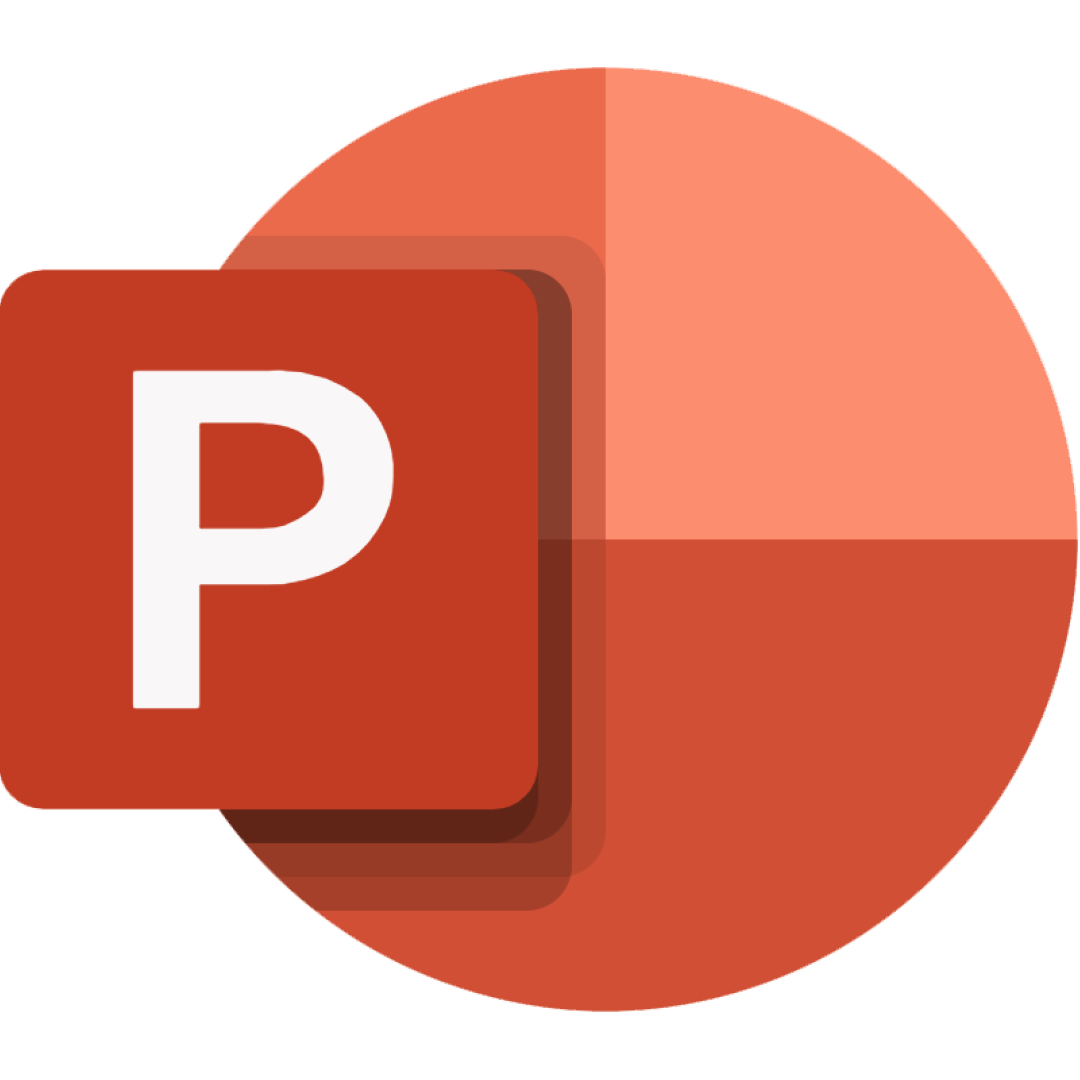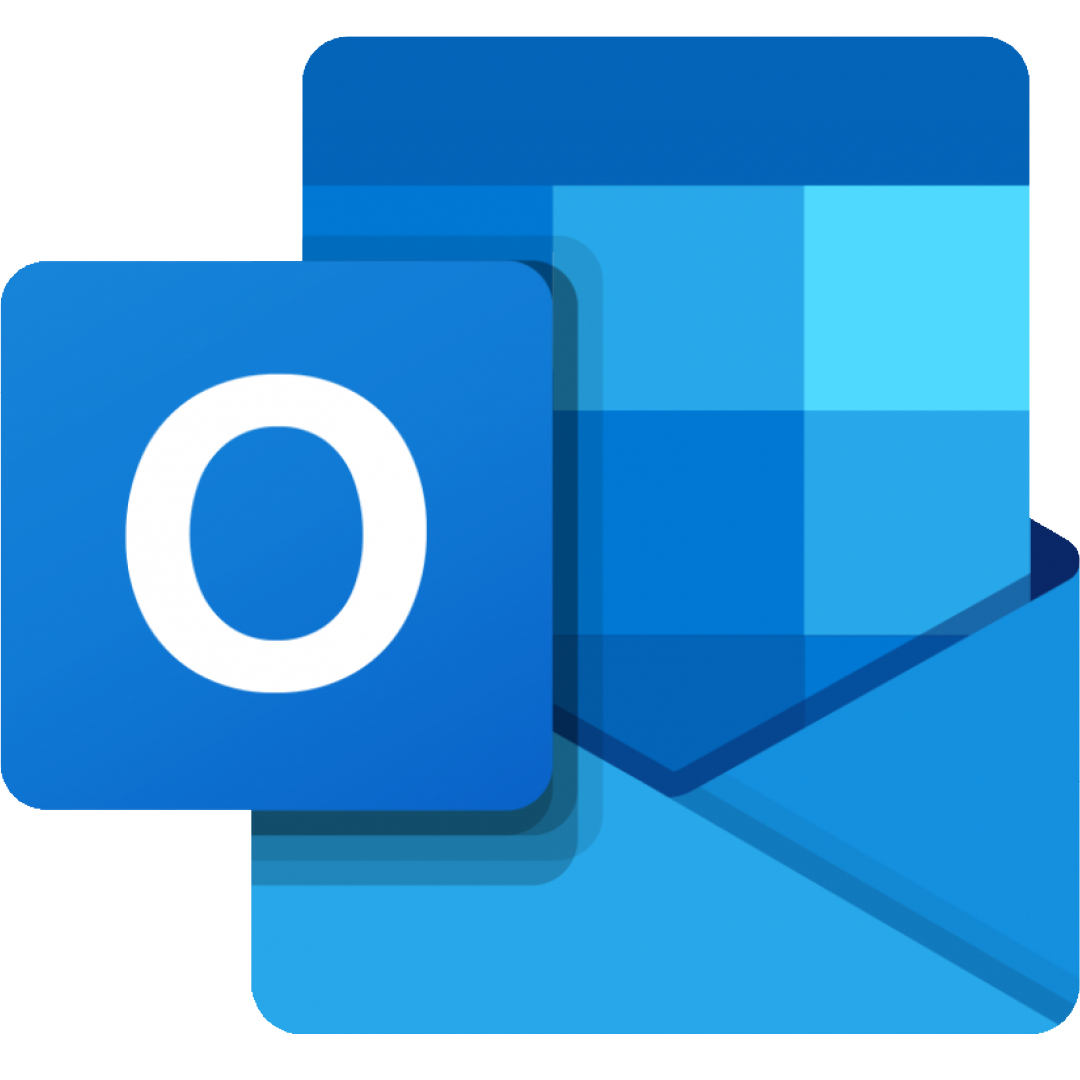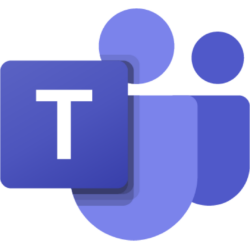The ins and outs of Copilot for charities and not-for-profits
4 minute read
Kelsey Smith
October 8th, 2024
The charity and not-for-profit sectors are reducing administrative burdens by automating document creation, data entry, and analysis. How? With Copilot for Microsoft 365.
Copilot for Microsoft 365 is an AI-powered tool integrated into the M365 apps, designed to streamline tasks and improve productivity.
It helps generate reports, grant applications, and impact statements quickly while providing data insights that allow teams to focus more on their mission rather than repetitive tasks.
Specifically, you can use Copilot within the following M365 apps:
The 2023 Charity Digital Skills report showed that more than half (53%) of charities are either using or planning to use AI in the future, while 78% of charities believe AI is relevant to their charity and has the potential to transform it.
With this many organisations seeking to use AI for its modern capabilities, now is the time to start researching the benefits of it for your organisation.
The features that are already benefiting organisations like yours
Copilot’s features are built for efficiency. For charity organisations, these features are designed to speed everything up, making things easier for both employees and beneficiaries.
- Document creation: Copilot can generate and refine reports, grant applications, and other documents, saving time on writing and editing
- Data analysis: by analysing donor data, financials, and campaign performance, Copilot provides in-depth data insights to help charities make better decisions going forward
- Task automation: repetitive tasks like scheduling meetings, updating records, and tracking donations can be automated, reducing manual effort
- Integration abilities: integrated into tools like Microsoft Teams, Copilot helps improve collaboration by summarising conversations, generating follow-up tasks, and facilitating project coordination
- Personalised communication: Copilot can draft emails and responses tailored to specific audiences, such as donors or volunteers, ensuring timely and effective communication.
Applications of Copilot in the charity sector
Microsoft Copilot is helping charities and not-for-profits work smarter with what they have.
For example, Copilot can automate routine tasks like managing donor databases or scheduling outreach, allowing your teams to focus on what really matters: making a difference. Instead of getting overwhelmed with admin tasks, employees can instantly track donations or generate reports.
Copilot is also great for collaboration. Whether teams are working remotely or across different projects, it keeps everyone connected and in sync, resulting in more streamlined operations and better use of resources.
And with Copilot’s data analysis capabilities, charities can take a proactive approach—spotting issues before they become major problems and responding faster to any issues. Plus, Copilot ensures that sensitive information, whether it’s donor details or beneficiary data, is protected.
Research by Wanstor found that nine in ten charities are thinking about investing in Copilot, with almost 90% agreeing that it’s likely to improve productivity.
It’s all about working smarter, responding faster, and keeping your focus where it matters most.
Hear from the specialists: Copilot for charities webinar
Join us on 5th November 2024 as we discuss the innovations that Copilot is bringing to the charity and not-for-profit sectors.
Don't miss out, register now!What you need to keep in mind
As with any new technology, Copilot and AI platforms present certain challenges. For charities, issues with security, false information, and bias are key to watch out for.
Using AI with caution, having clear usage policies in place, and communicating with specialists is the key to ensuring your use of AI is as safe as possible.
False information
AI hallucinations, where the technology generates inaccurate or false information, can lead charities to make misinformed decisions that impact critical services and resource allocation.
To prevent this, organisations should combine AI outputs with human oversight and verify information before acting on it.
Bias
AI systems can perpetuate bias, unintentionally disadvantaging certain groups or communities that charities aim to support, reinforcing inequalities in the services provided.
Regular audits, diverse training data, and inclusive design can help mitigate bias in AI models.
Security
The sensitive data handled by charities, such as donor information or beneficiary details, can be at risk if AI systems are not properly secured, exposing organizations to cyber threats and breaches.
Implementing strong encryption, access controls, and regular security updates can safeguard against potential vulnerabilities.
